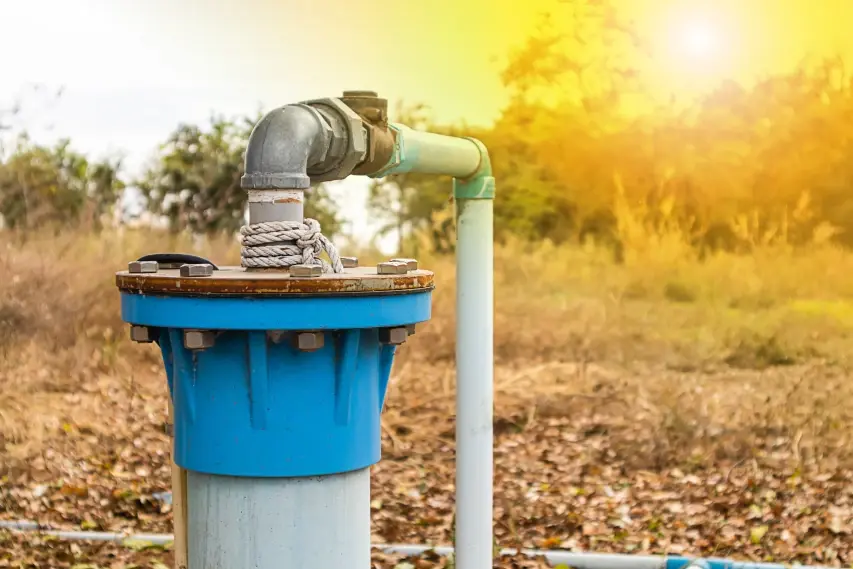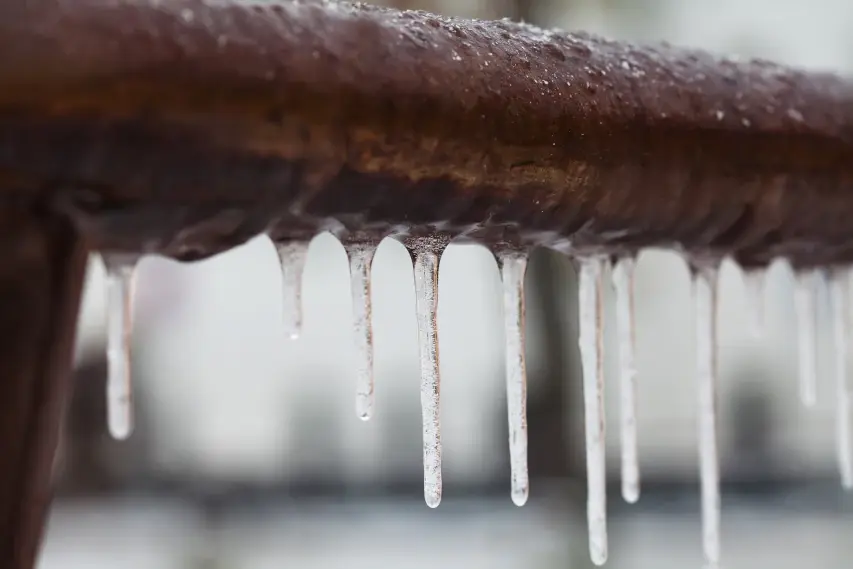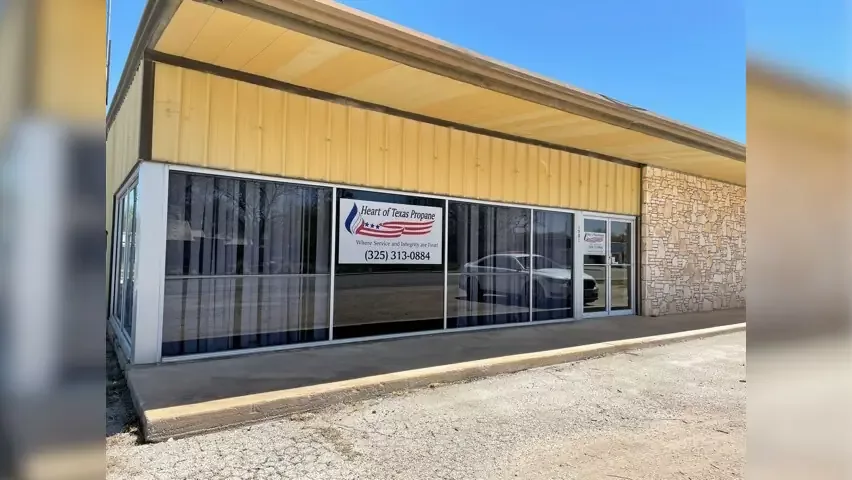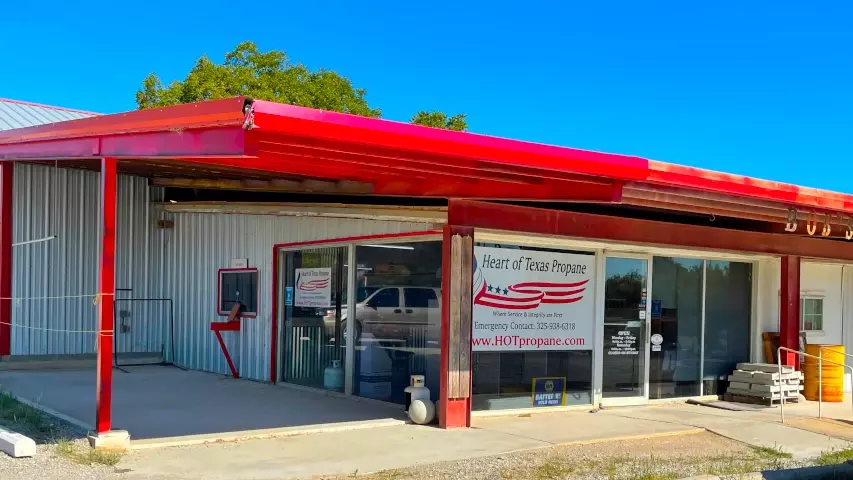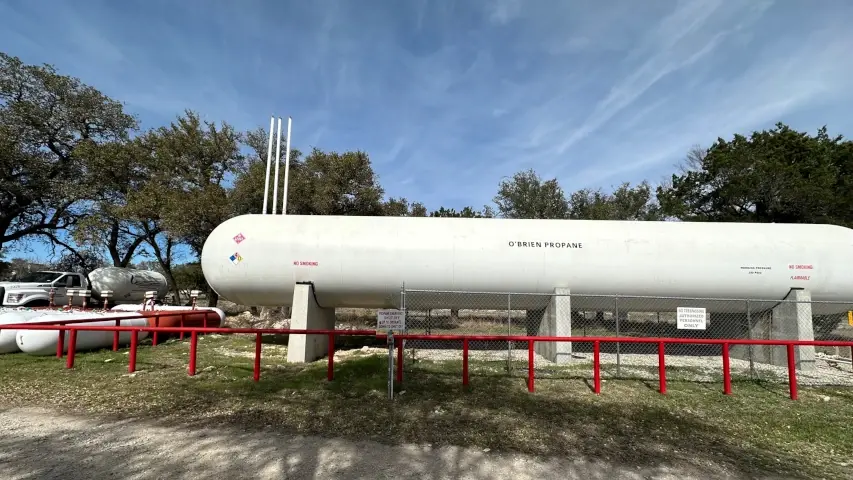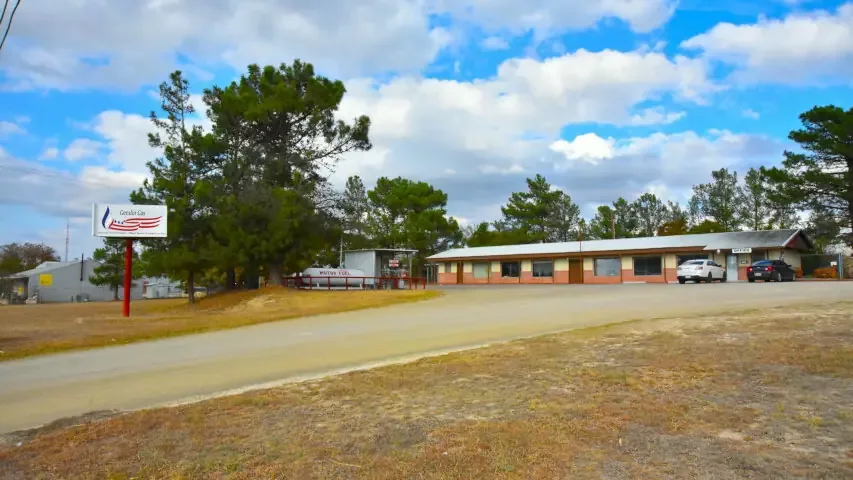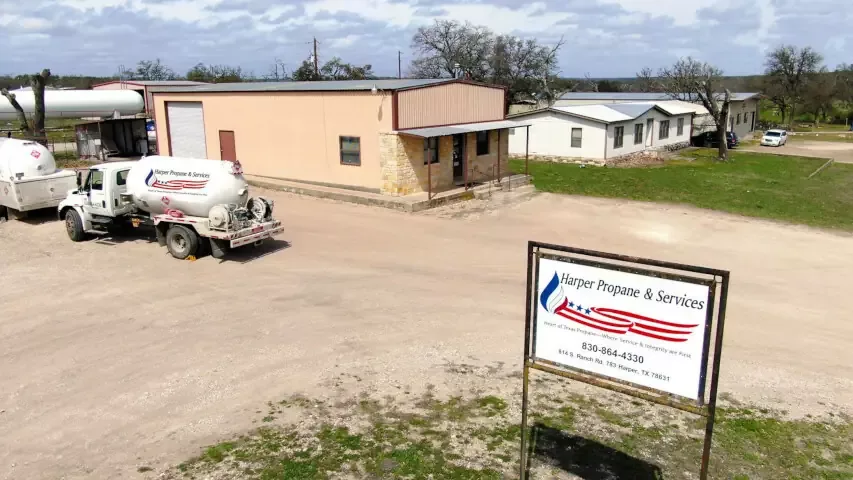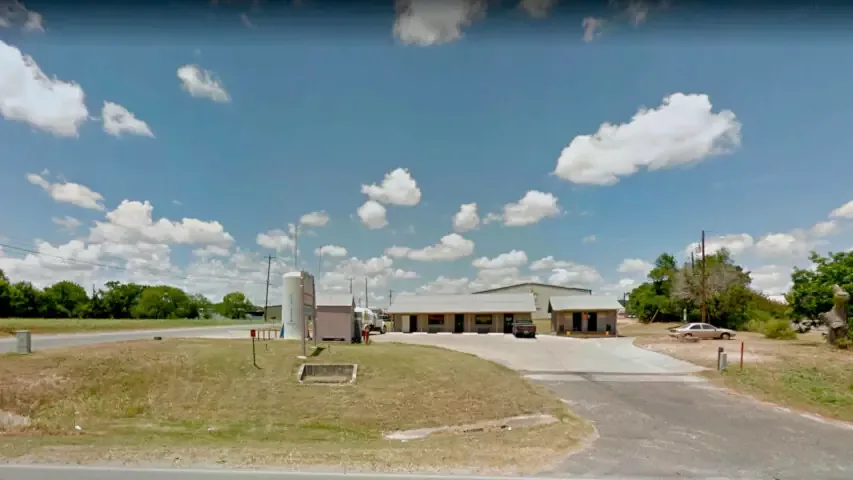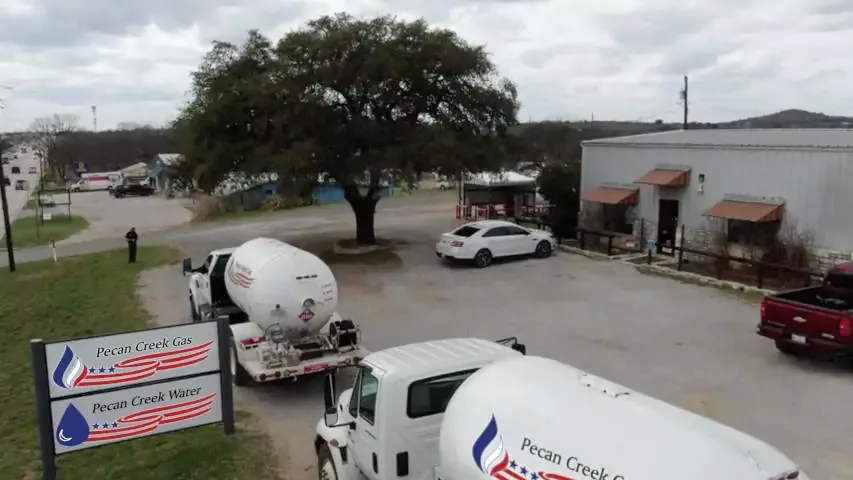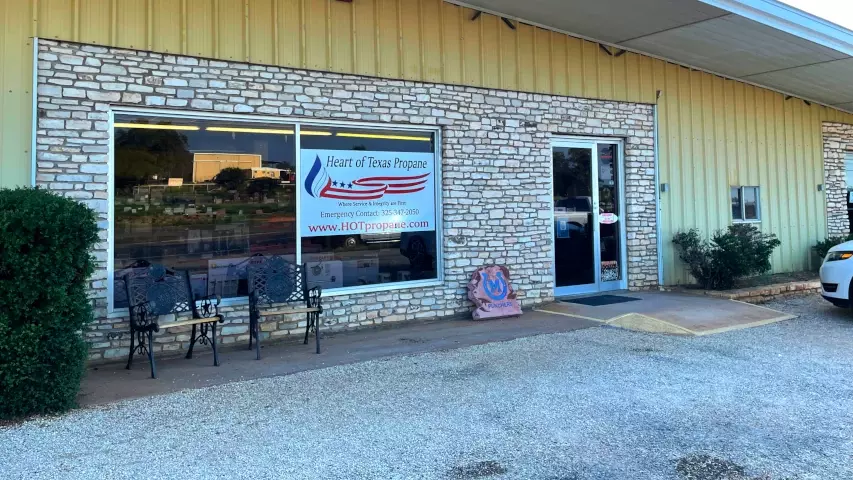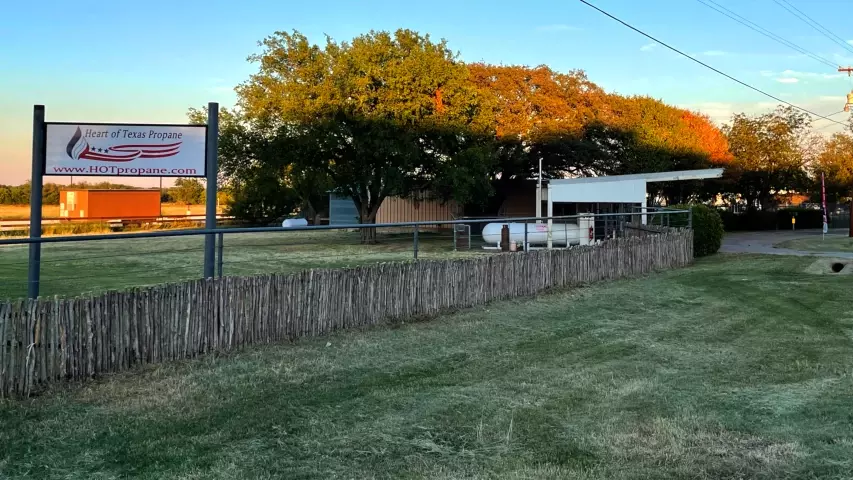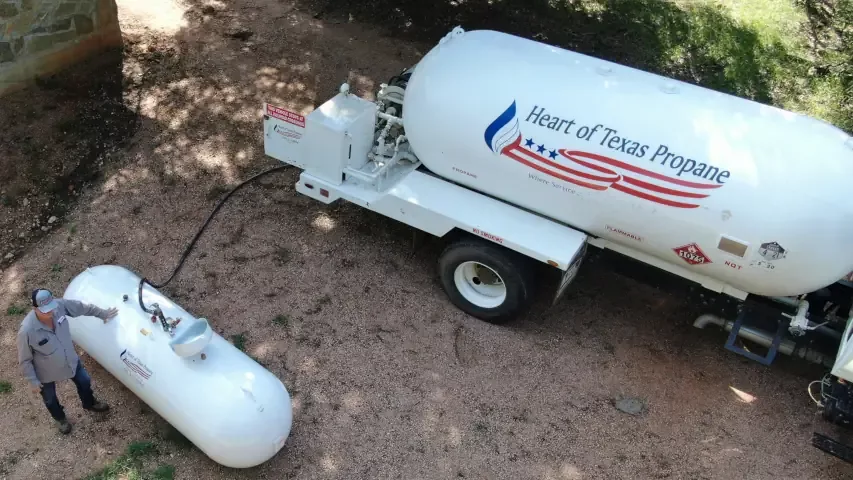Safeguarding Your Water Well
Winter Protection Tips for the Texas Hill Country
As winter arrives in the Texas Hill Country, residents with water wells face unique challenges in protecting their water supply from the cold temperatures. Freezing temperatures can pose a threat to water wells, affecting their functionality and potentially causing damage. In this blog, we'll explore essential tips to help you safeguard your water well during the winter months and ensure a reliable water source throughout the season.
Insulate Above-Ground Components
Above-ground components of your water well, such as the wellhead and pipes, are vulnerable to freezing temperatures. Insulate these components using materials like foam pipe insulation or heat tape. Wrapping the wellhead with an insulated cover can provide an extra layer of protection against the cold.
Seal Gaps and Cracks
Check for any gaps or cracks in the wellhouse or casing that may allow cold air to enter. Seal these openings with weather-stripping or caulk to prevent exposure to freezing temperatures. A well-insulated wellhouse helps maintain a more stable temperature for the well components.
Keep the Well Pump Running
If your water well pump is located in an above-ground wellhouse, consider running the pump periodically to prevent it from freezing. Running water is less likely to freeze, so allowing a slow, constant flow can help protect the pump and associated pipes.
Install a Wellhouse Heater
In extreme cold conditions, especially during rare Texas Hill Country freezes, installing a wellhouse heater may be necessary. These heaters are designed to maintain a consistent temperature within the wellhouse, preventing pipes and equipment from freezing.
Bury Exposed Pipes
If feasible, consider burying exposed pipes leading to and from the well. Underground pipes are less susceptible to freezing temperatures. Ensure proper insulation around buried pipes to enhance their protection against the cold.
Protect the Pressure Tank
The pressure tank is a critical component of your water well system. Insulate it using a tank cover or insulation blanket to prevent freezing. Additionally, check the pressure settings and adjust them if needed to optimize the tank's performance in colder temperatures.
Maintain Vegetation Around the Well
Clear any overhanging branches or vegetation around the well. This prevents snow or ice from accumulating on the well components, reducing the risk of damage. Trim back branches that could pose a threat during winter storms.
Monitor Water Usage
Be mindful of your water usage during freezing temperatures. Consistent water flow can help prevent freezing within the well and pipes. If you notice a decrease in water pressure or unusual sounds from the well, it may indicate freezing, and you should take immediate action.
Winterize Unused Wells
If you have multiple wells on your property and some are not in use during the winter, consider winterizing them. Shut off the power, drain the pipes, and insulate or cover the wellhead to protect it from the cold.
Conclusion
Safeguarding your water well during the winter in the Texas Hill Country is essential to ensure a continuous and reliable water supply. By implementing these winter protection tips, you can minimize the risk of freezing, reduce the likelihood of damage, and enjoy a worry-free winter with access to clean, flowing water from your well. Prioritize proactive measures to preserve your well's functionality and maintain water availability throughout the season.
Have Questions About Water Quality?
We'll pull samples and have it tested by state certified testing labs so you know what is in your water.
More Fuel for Thought Blog Posts
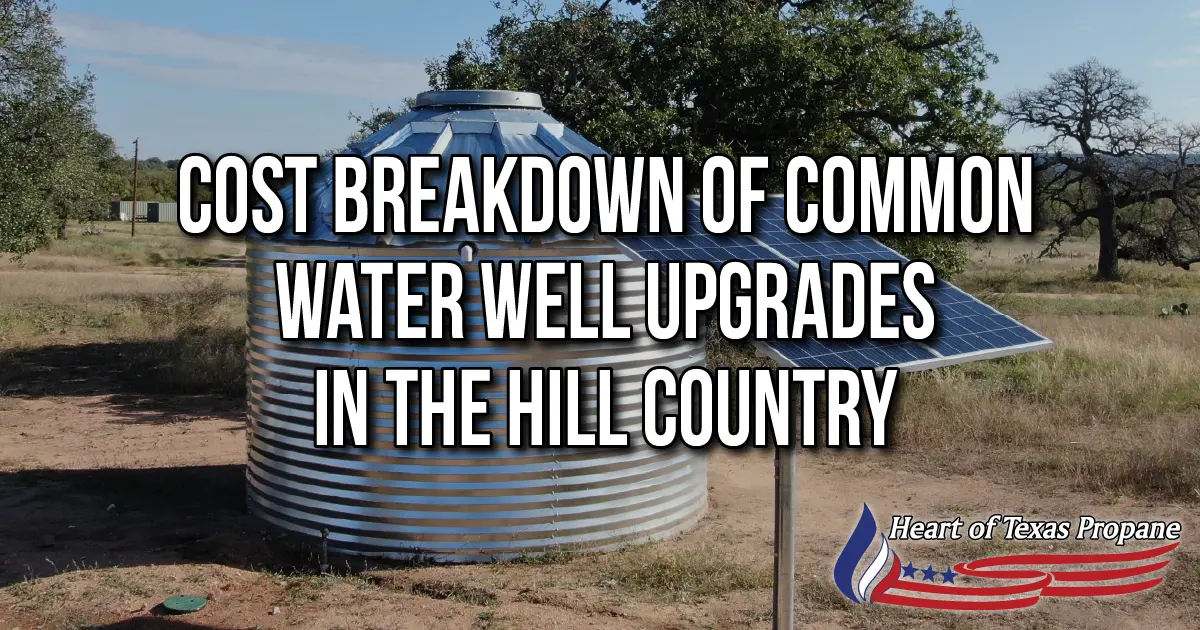
Cost Guide: Common Water Well Upgrades
Wondering how much a well upgrade costs? Get clear price ranges for pumps, storage tanks, filters, and more for Texas Hill Country homes.
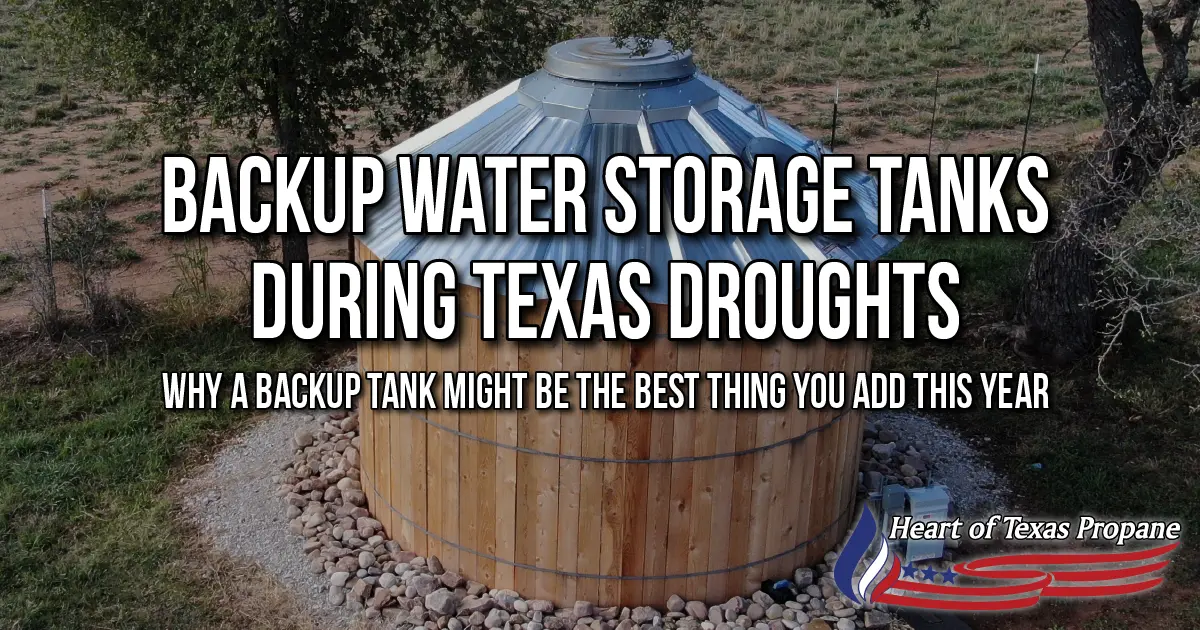
Backup Water Storage Tanks During Texas Droughts
Stay water-secure during Texas droughts. Learn how a backup water tank can protect your well system and keep your property running smoothly.
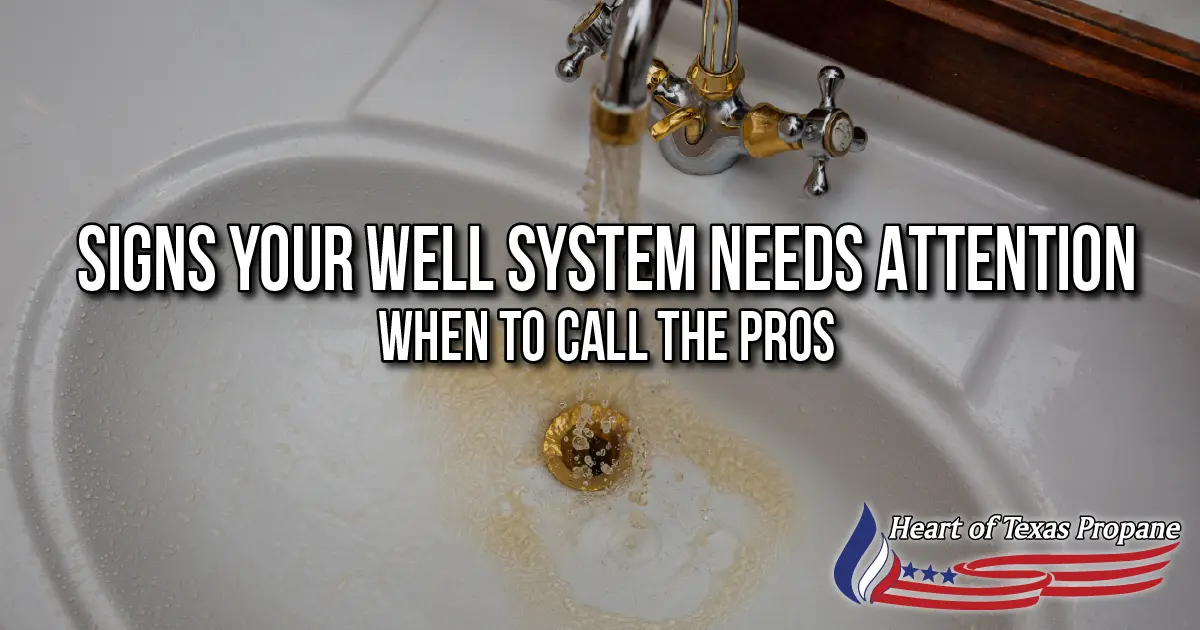
Signs Your Well System Needs Attention
Don’t get caught without water. Learn the top signs that your Texas Hill Country well system needs repairs before small problems turn big.
